Many of us dream about the wonderful widget we could build that would revolutionize our homes, parking, health, gaming, factories or whatever domain gets our creative juices surging, but how many of us take it the next step? Even when you’re ready to live on your savings, prototypes can be expensive and royalties add to the pain. … Read More
FPGA, Data and CASPA: Spring into AI (2 of 2)
Adding color to the talks, Dr. Jeff Welser, VP and IBM Almaden Research Lab Director showed how AI and recent computing resources could be harnessed to contain data explosion. Unstructured data growth by 2020 would be in the order of 50 Zetta-bytes (with 21 zeros). One example, the Summit supercomputer developed by IBM for use at… Read More
FPGA, Data and CASPA: Spring into AI
Just like good ideas percolate longer, we have seen AI adoption pace picking-up speed, propelled by faster GPUs. Some recent data points provide good indication that FPGA making a comeback to bridge chip-design needs to keep-up with AI’s ML applications.
According to the Deloitte research firm there is a projected increase of… Read More
Xilinx vs Altera Update 2017
I truly miss the Xilinx versus Altera war of words (competition at its finest) and competition is what makes the fabless semiconductor ecosystem truly great, absolutely. So with great disappointment I read the Intel Analyst Day transcript published by Bloomberg last week. It is attached at the bottom in case you are interested… Read More
3 in 1 Hardware Verification
Aldec has offered front-end EDA tools for over 30 years but may not be a familiar name to mainstream IC design engineers. That’s probably because for most that period they haven’t really targeted IC design. They have been much more focused on PC-based design for FPGAs particularly where requirements traceability has been important,… Read More
FPGAs for a few thousand devices more
An incredibly pervasive trend at last year’s ARM TechCon was the IoT, and I expect this year to bring even more of the same, but with a twist. Where last year was mostly focused on ultra-low power edge devices and the mbed ecosystem, this year is likely to show a better balance of ideas across all three IoT tiers. I also expect a slew of … Read More
Optimization and verification wins in IoT designs
Designers tend to put tons of energy into pre-silicon verification of SoCs, with millions of dollars on the line if a piece of silicon fails due to a design flaw. Are programmable logic designers, particularly those working with an SoC such as the Xilinx Zynq, flirting with danger by not putting enough effort into verification?… Read More
Xilinx is Killing Altera!
At a recent outing with FPGA friends from days gone by, the long running Xilinx vs Altera debate has come to an end. The bottom line is that Xilinx has used the FUD (fear, uncertainty, and doubt) of the Intel acquisition quite effectively against Altera and is racking up 20nm and 16nm design wins at an alarming rate. It will be a while … Read More
The Twists and Turns of Xilinx vs Altera!
The battle between Xilinx and Altera continues to be one of the more interesting stories to cover. It really is the semiconductor version of a reality TV show. In the beginning it was two fabless companies partnered with rival foundries going head-to-head controlling a single market that touches a variety of industries.
Then things… Read More
HLS with ARM and FPGA Technologies Boosts SoC Performance
The way SoC size and complexity are increasing; new ways of development and verification are also evolving with innovative automated tools and environment for SoC development and optimization. IP based SoC development methodology has proved to be the most efficient for large SoCs. This needs collaboration among multiple players… Read More


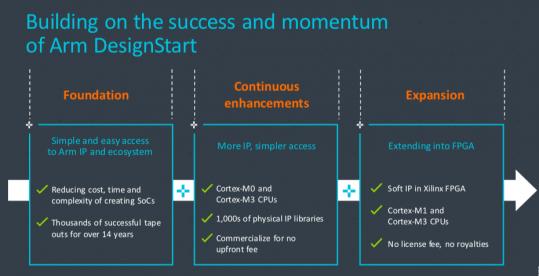
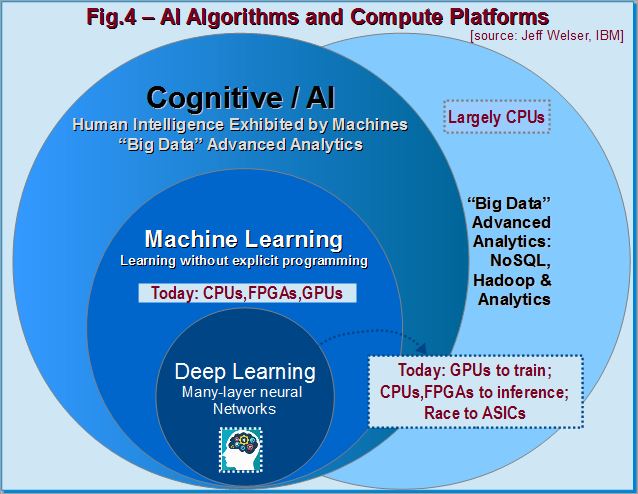
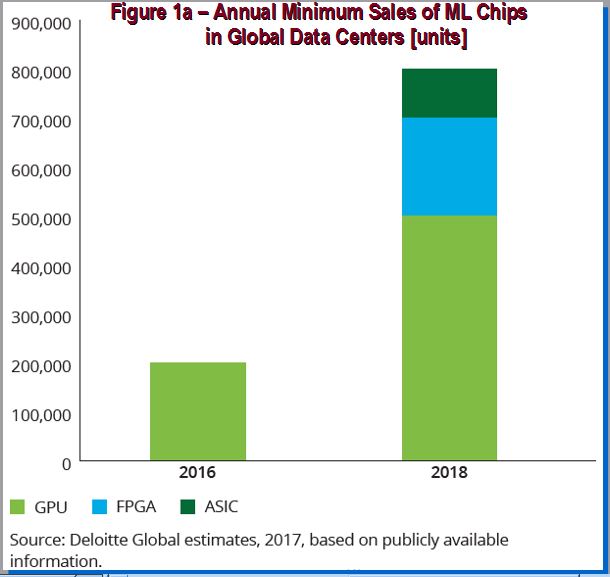
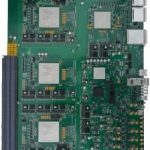
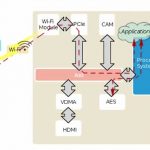
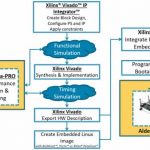
Moore’s Law Wiki